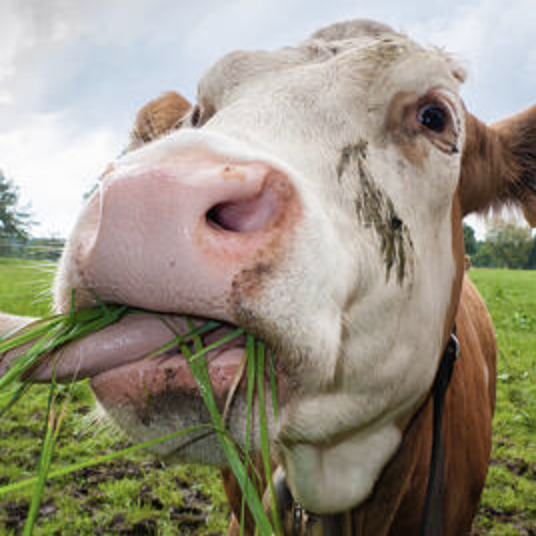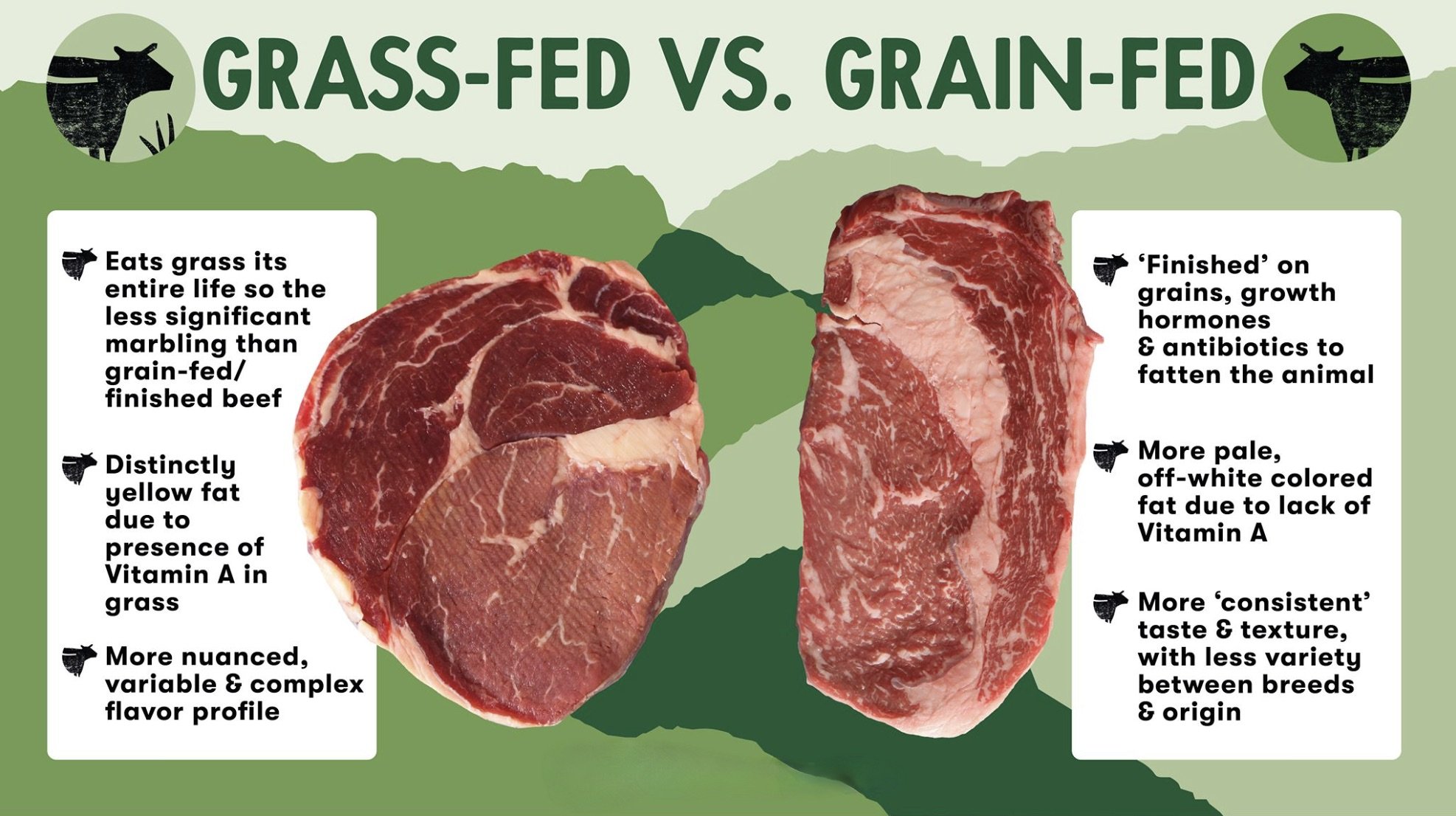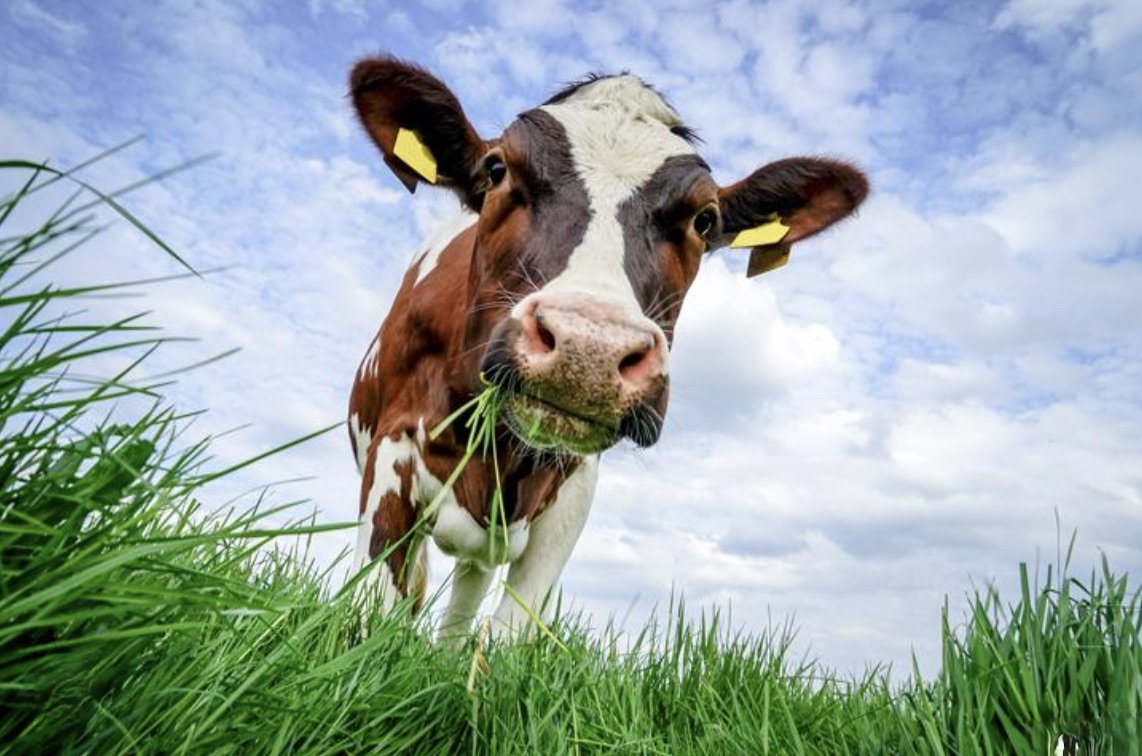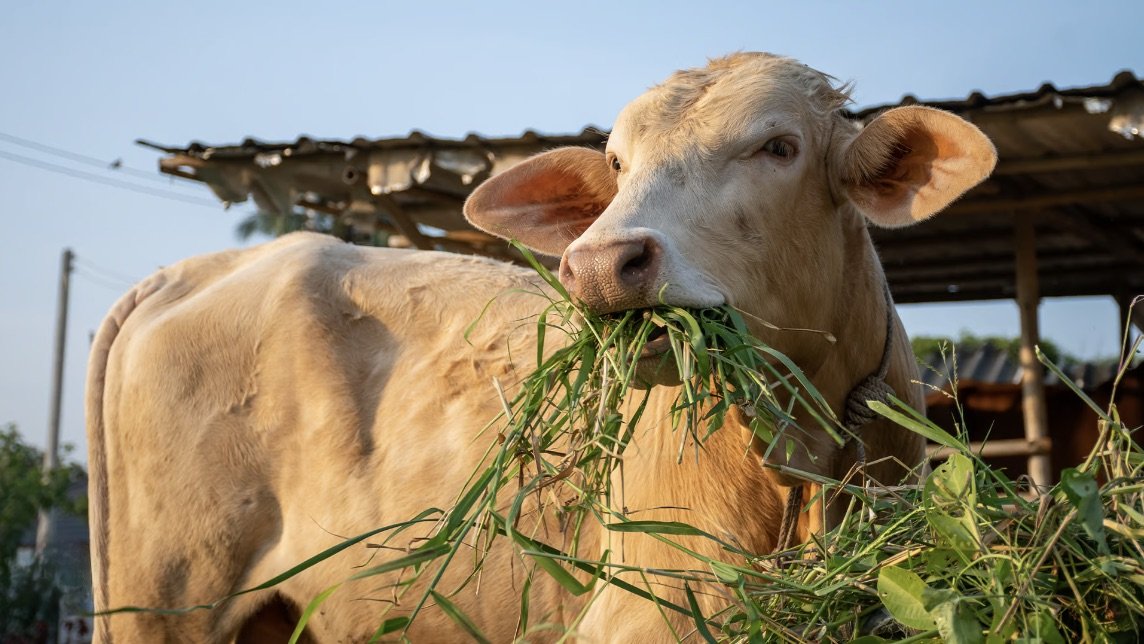
- calendar_month December 13, 2024
- folder Community Engagement
Sharing Tags
Animal welfare in farming, Consumer food transparency, Grass-fed label explained, Grass-fed vs. grain-fed animals, Healthy Eating Tips, JohnHart, JohnHart Real Estate, Nathan Derry, Nathan Derry JohnHart, Nathan Derry Real Estate, Nathan Derry Realty, Nathan Derry, JohnHart Real Estate, Nutritional value of grass-fed meat, Pasture-raised meat facts, Sustainable farming practices, Truth about grass-fed meat

Hi, I’m Nathan Derry with JohnHart Real Estate, and while I spend most of my time in the real estate world, I’m also passionate about eating healthy and staying informed about the food I consume. One label that always seems to catch people’s attention is “grass-fed” when it comes to meat. It sounds ideal, right? Pastures, sunshine, animals roaming free—it’s the picture of healthy, sustainable eating.
But here’s the thing: “grass-fed” doesn’t always mean what you think it means. In fact, the term can sometimes be misleading. Let’s dive into what “grass-fed” really means, how it’s regulated, and why it’s important to dig deeper if you want to make informed choices.
What Does "Grass-Fed" Actually Mean?

The term "grass-fed" simply means that the animal’s diet consisted primarily of grass rather than grains. However, this doesn’t guarantee the idyllic pasture-raised life we often imagine. Here’s the catch:
- Confinement Feeding: Many "grass-fed" animals are not grazing freely in open pastures. Instead, grass may be harvested, processed, and brought to animals kept in close confinement.
- Lack of Grazing Requirements: There’s no strict requirement that grass-fed animals must have access to open grazing land. As long as their diet is primarily grass-based, producers can legally use the label.
So, while the term may evoke images of happy cows munching on grass under a blue sky, the reality can be quite different.
Why Does It Matter?
-
Animal Welfare: Animals grazing in open pastures generally live healthier, less stressful lives compared to those confined to feedlots. Confinement, even with a grass-based diet, can negatively impact the animals’ well-being.
-
Nutritional Value: The nutritional profile of grass-fed meat can vary depending on how the animals were raised. Truly pasture-raised animals tend to produce meat higher in omega-3 fatty acids and antioxidants compared to those fed grass in confinement.
-
Environmental Impact: Grazing animals can help maintain healthy ecosystems by fertilizing the soil and promoting plant growth. Confinement-based systems don’t offer these same environmental benefits and often rely on external feed sources that require transportation and additional resources.
-
Transparency for Consumers: Many consumers pay a premium for grass-fed meat because they believe it aligns with their values. However, without understanding the nuances of the label, you may not be getting what you think you’re paying for.
How to Ensure You’re Getting Truly Grass-Fed Meat

If you’re committed to eating meat that’s truly grass-fed and pasture-raised, here are some tips:
-
Look for Additional Labels: Terms like “pasture-raised” or “grass-finished” provide more assurance that the animals spent their lives grazing freely.
-
Research the Farm: Many small farms are transparent about their practices. Visit their websites or contact them directly to learn more about how they raise their animals.
-
Certifications: Third-party certifications like Certified Humane or Animal Welfare Approved can give you confidence that the animals were treated well and allowed to graze naturally.
-
Ask Questions: Don’t hesitate to ask your butcher or grocer for more details. They should be able to provide information about the source of the meat.
-
Visit Local Farmers’ Markets: Buying directly from farmers is a great way to ensure transparency and support local agriculture.
The label “grass-fed” can be a good starting point, but it doesn’t always tell the whole story. If you’re paying a premium for what you think is high-quality, pasture-raised meat, it’s worth digging a little deeper to make sure you’re getting what you expect.
The Bottom Line
At the end of the day, it’s all about making informed choices. Like in real estate, where understanding the fine print can save you from costly surprises, understanding food labels can lead to better health and satisfaction.
If you’re interested in more tips on living a healthy, informed lifestyle—or just want to chat about real estate—I’m here to help!
Eat healthy, live smart, and make informed choices!
Nathan Derry
JohnHart Real Estate

📍JohnHart Real Estate
📞(424) 303-0440
📧 nathan@jhagents.com
👨🏽💻 itsnathanderry.com
You deserve the opportunity to work with an ethical agent. Please give me a call today and let’s discuss your unique needs.
Interested in seeing a property or one of my off market properties in person? Contact me today! Who you hire matters!!!
Ready to make the best move of your life… let’s chat today!
#Truth about grass-fed meat
#Grass-fed vs. grain-fed animals
#Pasture-raised meat facts
#Healthy eating tips
#Grass-fed label explained
#Sustainable farming practices
#Nathan Derry healthy lifestyle
#Consumer food transparency
#Nutritional value of grass-fed meat
#Animal welfare in farming
